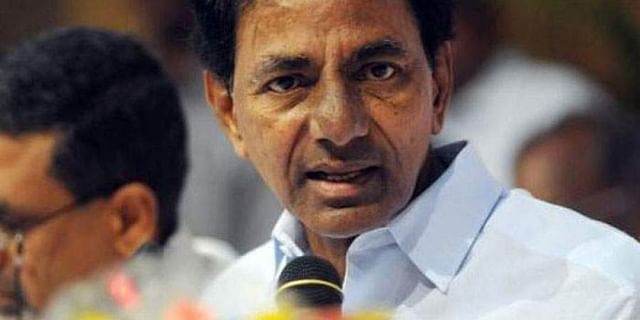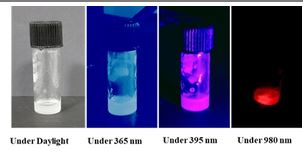 HYDERABAD: The state government on Thursday made known its displeasure over the Union government not honouring the Finance Commission recommendations and non-release of grants to backward districts and others.
HYDERABAD: The state government on Thursday made known its displeasure over the Union government not honouring the Finance Commission recommendations and non-release of grants to backward districts and others.
Participating in the pre-budget meeting convened by Union Finance Minister Nirmala Sitharaman in Delhi on Thursday with Finance Ministers of States, Finance Special Chief Secretary K Ramakrishna Rao presented the arguments of Telangana on behalf of T Harish Rao.
According to sources, Chief Minister K Chandrasekhar Rao reportedly wanted Harish Rao to skip the meeting. The reasons, according to sources, were that the Union Finance Ministry did not take any concrete steps on the demands made by Telangana in the last few years. The decision comes on the heels of a row over paddy procurement that has soured relations between the Centre and the state.
However, Ramakrishna Rao in his presentation said that it was imperative that the focus of the 2022-23 Union Budget should be on promoting growth, as there is not much growth in GDP and country’s economy is in a downward slope.
Ramakrishna Rao pointed out that the Centre has been resorting to levy of cesses and surcharges for purposes which are included in the state list which per se, are not the functions for which it requires earmarked funds. The share of cesses and surcharges in the gross tax revenue of the Centre increased from 2.3 per cent in 1980-81 to 20 per cent in 2021-22 (BE).
This has resulted in the contraction of the divisible pool of Central taxes, depriving the states of their due share as recommended by the Finance Commissions. As per the provisional accounts, the share of states in gross tax revenue amounted to only 29.4 per cent in 2020-21 as compared with the share of 41 per cent in net tax revenue as recommended by the Fifteenth Finance Commission.
As per the spirit of the Constitution, cesses and surcharges are supposed to be levied sparingly and only for limited time periods. An anomalous feature with regard to cesses and surcharges is that they are levied at much higher rates than the basic rates. They are supposed to be supplemental to the basic rate and not supplant, he said.
Citing taxation of petrol and diesel as a case in point, he said that of the total excise taxation of Rs 27.90 on a litre of petrol, the share of the basic rate is only Rs 1.40. Similarly, of the total duty of Rs 21.80 per litre of diesel, the basic rate is only Rs 1.80. This needs to be reversed. The share of cesses and surcharges in the gross tax revenue of the Centre may be brought down to no more than 10 per cent over the next five years, he said.

























